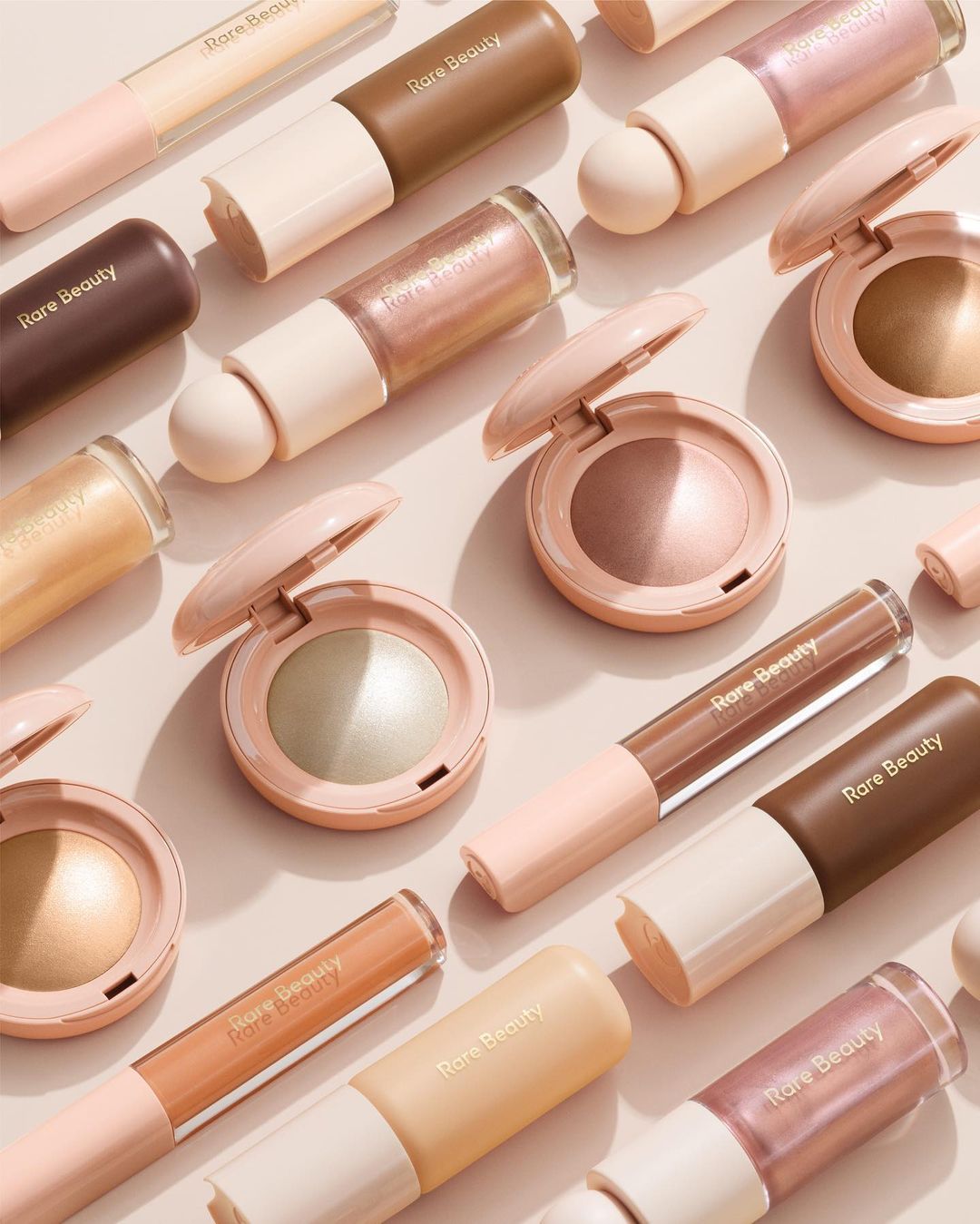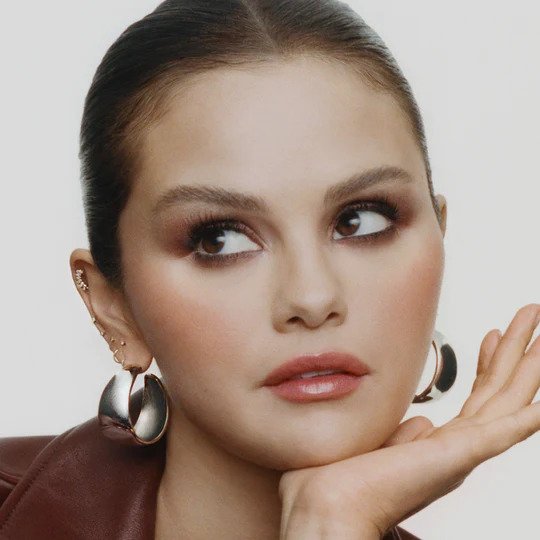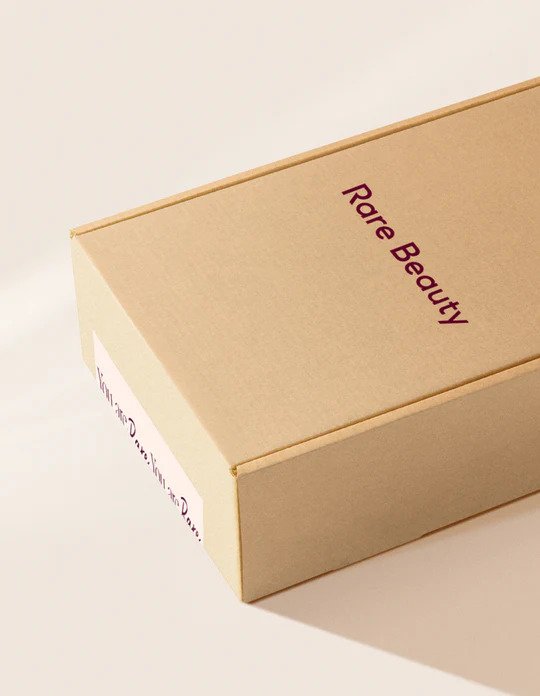
This article contains an affiliate link(s). Learn More.
Rare Beauty, the cosmetics brand founded by Selena Gomez, has garnered attention not only for its beloved makeup products but also for its commitment to empowering mental health. However, when it comes to evaluating its overall sustainability, the verdict may not be a resounding “yes.”
Ingredient Sourcing and Transparency
The sustainability of a cosmetics brand is deeply intertwined with the sourcing of its ingredients. Rare Beauty has not extensively publicized its ingredient sourcing practices or emphasized the use of sustainably sourced materials. This lack of transparency regarding the origins of their ingredients raises questions about the brand’s sustainability.
Environmental Impact
Sustainability also involves evaluating a brand’s overall environmental impact. This includes factors such as energy consumption, water usage, and waste generation throughout the manufacturing process. Rare Beauty has not provided comprehensive data or initiatives related to these aspects of sustainability.
Cruelty-Free and Vegan Commitment
One area where Rare Beauty shines is its commitment to being cruelty-free and vegan. The brand is certified by PETA’s Global Beauty Without Bunnies program, meaning it avoids animal-derived ingredients and refrains from animal testing. This aligns with the values of consumers who prioritize ethical practices in the beauty industry.
Packaging Initiatives
Rare Beauty has made commendable strides in its packaging practices. Their shipper boxes, welcome cards, and tissue are made from recycled fibre, and the boxes are 100% recyclable. Furthermore, the brand uses water-based ink for printing, a more eco-friendly choice than traditional ink. While these are positive steps toward reducing waste and environmental impact, they represent just one aspect of sustainability in the cosmetics industry.
Conclusion
While Rare Beauty has made strides in certain aspects of sustainability, such as recyclable packaging and vegan products, it falls short of providing a holistic and transparent sustainability strategy. To be considered truly sustainable, a cosmetics brand should address various dimensions of sustainability, including ingredient sourcing, environmental impact, and longevity of products.
Rare Beauty’s sustainability journey appears to be a work in progress. To assert definitively whether a brand is sustainable, we need to see more comprehensive and transparent sustainability practices implemented across the board. Until then, it may be more accurate to say that Rare Beauty is taking steps towards sustainability rather than being a fully sustainable brand.







